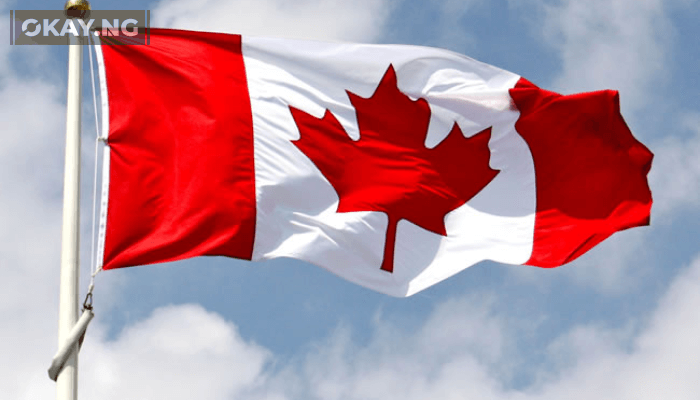Canada, known for its welcoming stance towards international students, has introduced new regulations for student visas in 2024.
These changes, affecting study permits and Post-Graduation Work Permits (PGWP), aim to manage the influx of students and enhance the overall experience for those studying in the country.
Here are some of the key updates to the 2024 student visa rules:
- Temporary Cap on International Student Intake: The Canadian government has imposed a temporary federal cap on the number of study permits issued in 2024. The intake is expected to decrease by 35 per cent compared to 2023, with approximately 360,000 new study permits being issued. The cap for 2025 will be determined later in the year.
- Changes to PGWP Eligibility: Starting September 1, 2024, foreign students enrolling in study programs at private colleges delivering licensed curriculum will not be eligible for PGWPs. However, master’s graduates will soon be able to obtain three-year PGWPs.
- Spousal Open Work Permit Eligibility: Only spouses of international students enrolled in master’s, doctoral, and professional programs will be eligible for open work permits.
- Updated Cost-of-Living Requirements: International students will now need to show they have at least $20,635 to cover their living expenses, starting January 1, 2024. (Note: Requirements may vary for students moving to Quebec.)
In addition to these changes, the Canadian government announced a two-year intake cap on study permit applications, aiming to address infrastructure challenges and maintain educational standards.
This cap will also encourage Designated Learning Institutions (DLIs) to uphold quality education and eliminate substandard practices in the education sector.
The implementation of these regulations reflects Canada’s commitment to providing a supportive environment for international students while ensuring sustainable growth in the education sector.
However, prospective students should be prepared for increased competition and stricter eligibility criteria when applying for study permits, particularly for undergraduate programs.
As international students navigate these changes, it is essential to stay informed about updates from Canadian immigration authorities and consult with educational institutions for guidance on visa applications and program admissions.
With careful planning and preparation, students can still pursue their academic goals in Canada while complying with the new visa regulations.







